The Queensland University of Technology (QUT) has been awarded $9.87 million (USD 6.3 million) from the Australian Research Council’s (ARCs) Discovery grants to fund 16 projects, including three focussed on progressing research in hydrogen production, perovskite cells, and lithium ion batteries.
QUT School of Chemistry and Physics (SCP) Professor Aijun Du has been awarded by $497,847 for engineering 2D van der Waals materials for solar hydrogen production project, which aims to determine novel theoretical principles on new photocatalyst designs to be translated into sustainable new photocatalytic processing in water splitting.
“Efficient and low-cost photo-catalysts for solar hydrogen production will be vital in the transition to environmentally responsible energy industries,” Du said.
“This project will produce innovative 2D van der Waals photocatalysts for producing clean hydrogen fuels under solar light which will reduce the high energy and carbon emissions of the current industrial process. The new photocatalysts will enable sustainable production under solar light to reduce energy costs and carbon emissions of the current industrial process.”
Du added the new generation of clean energy technology for splitting water into hydrogen will bring significant economic and environmental benefit, underpinning new research capability and applied industry-relevant renewable technology for Australia.”
Also from the QUT’s SCP Professor Hongxia Wang has received $748,746 for research into novel transparent electrodes for efficient bifacial perovskite solar cells.
Together with chief investigator Dr Yang Yang, the research aims to design a transparent electrode composed of a dielectric-metal-dielectric (DMD) structure with required optical and electrical properties for bifacial semitransparent perovskite solar cells (ST-PSCs).
“We hope to gain new knowledge of how properties of the dielectric materials and metal layer control the transmittance, conductivity and work function as well as stability of the transparent electrodes, and subsequently their performance in ST-PSCs,” Wang said.
“The important research outcomes will facilitate the development of efficient ST-PSCs in practice such as building-integrated photovoltaics (PVs), and place Australia at the forefront of the field.”
For a project investigating the chemo-mechanical behaviour in all-solid-state lithium metal batteries, QUT School of Mechanical, Medical and Process Engineering Professor Cheng Yan has been awarded $683,413.
Assisted by SCP’s Dr Michael Jones and the Central Analytical Research Facility, Dr Konstantin Faershteyn, Dr Yan’s research addresses the issue that currently available commercial lithium-ion batteries do not satisfy the increasing demands of portable electronic devices and electric vehicles, due to low energy densities, safety issues and high cost.
High-capacity electrode materials such as lithium metal anode and nitrogen-rich cathode together with solid-state electrolytes have been confirmed as promising alternatives, however, Professor Yan said poor interface stability and material failure remain significant challenges.
“This project aims to solve these coupled chemo-mechanical problems through in situ characterisation and advanced modelling technologies,” Yan said.
“The expected outcomes will help develop next generation batteries and fill the key knowledge gaps in broad energy materials.”
This content is protected by copyright and may not be reused. If you want to cooperate with us and would like to reuse some of our content, please contact: editors@pv-magazine.com.
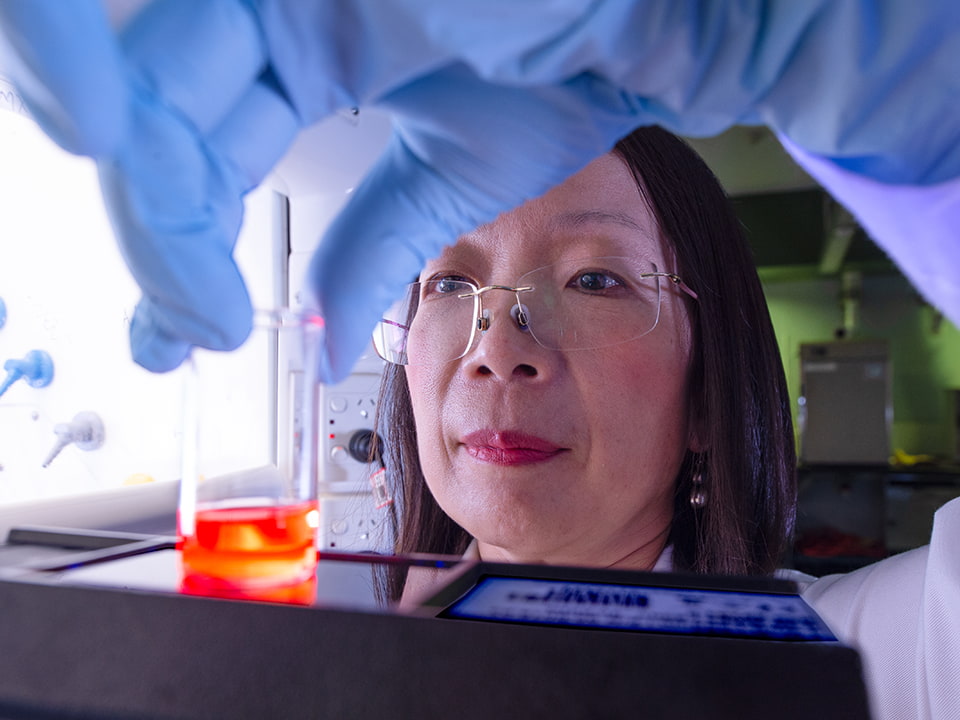


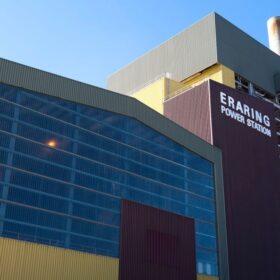

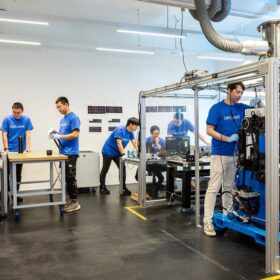
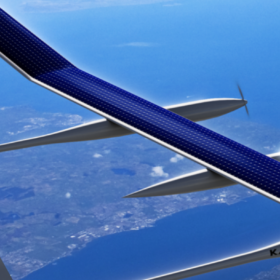
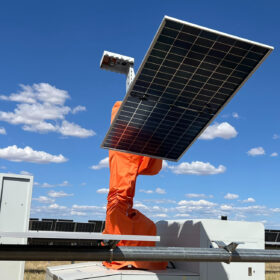
By submitting this form you agree to pv magazine using your data for the purposes of publishing your comment.
Your personal data will only be disclosed or otherwise transmitted to third parties for the purposes of spam filtering or if this is necessary for technical maintenance of the website. Any other transfer to third parties will not take place unless this is justified on the basis of applicable data protection regulations or if pv magazine is legally obliged to do so.
You may revoke this consent at any time with effect for the future, in which case your personal data will be deleted immediately. Otherwise, your data will be deleted if pv magazine has processed your request or the purpose of data storage is fulfilled.
Further information on data privacy can be found in our Data Protection Policy.